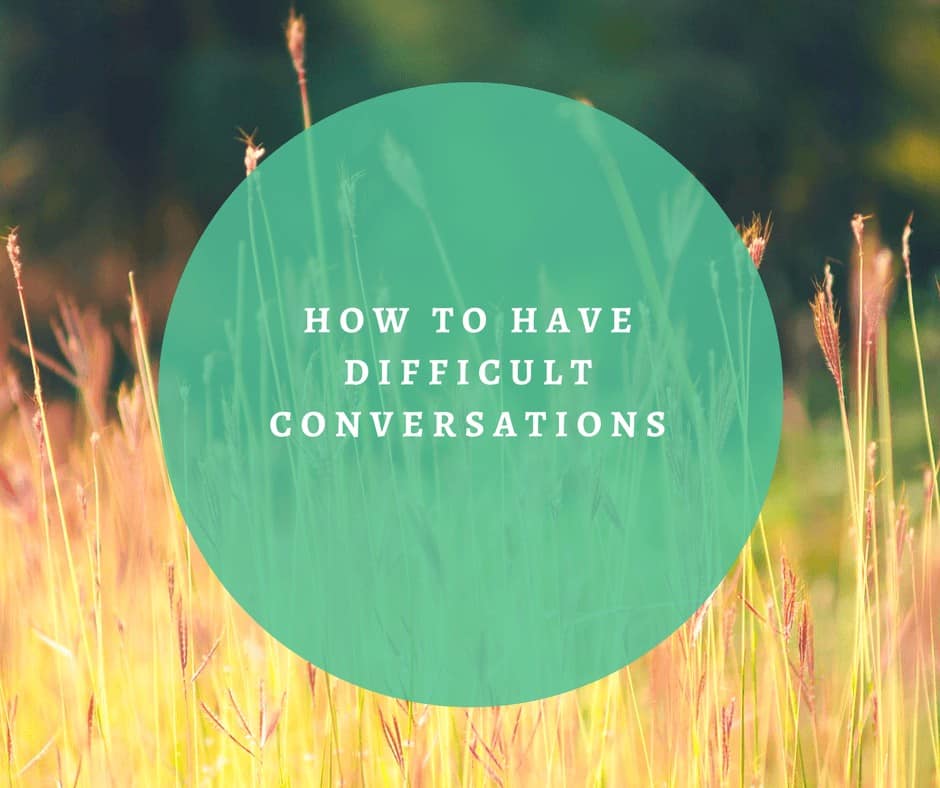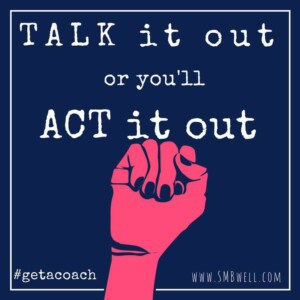Podcast: Play in new window | Download
Subscribe: Apple Podcasts | Spotify | Amazon Music | RSS | More
How to to Have Difficult Conversations
In the course of our lives, there are connections we wish to maintain. However, what if those individuals – be it our loved ones, family, friends, or colleagues – cause stress, leaving us frustrated or resentful? Do we simply avoid engaging in conversations with them due to discomfort or the fear of potential conflict? In this episode, we will delve into the art of embracing constructive discomfort when navigating challenging conversations thus not building up on your avoidance or people pleasing skills.
The Emotional Maturity Spectrum:
Avoidance is childlike! Naturally, our human brains tend to steer clear of discomfort. While it’s undeniable that engaging in these conversations might bring about some unease, it’s crucial to stop putting it off. If we genuinely care about maintaining healthy relationships with those we cherish, it means opting for what I term as productive discomfort over the unproductive discomfort. Avoiding such discussions doesn’t contribute to long-term life satisfaction. The skill of navigating through disagreements or more challenging conversations is not something one can acquire haphazardly; it requires intentional effort.
Is this attitude, particularly evident in women, rooted in societal conditioning?
Having come from a generation where women were often molded into people-pleasers, taught to be submissive, and instructed to prioritize others’ needs over their own, I can attest that gender inequality remains a pervasive issue in our society. The historical suppression of women’s voices and opinions has left its mark, making it a common experience for women to face abuse in relationships. But we are no longer these kinds of women, we are warriors!
I encourage you towards a crucial turning point – a shift inwards. It’s imperative for women to begin supporting ourselves, elevate our self-worth, and take our own opinion into consideration.
Listen in to this episode to learn:
- Why do we need to have conversations with the people that we want to stay in a relationship with?
- How do you know if you are someone who avoids conflicts?
- Why is it important to start supporting ourselves, stop making excuses and stop tolerating subpar relationships?
- How to step up and not be childlike?
- The three steps to consider that will get you started to having difficult conversations
Journal Questions for you regarding having difficult conversations:
Here are some examples of questions I like clients to ponder:
- What happened in my house when I was growing up if I disagreed?
- What are my childhood experiences of dealing with conflict?
- What happens when my opinion is different or if I disagree with the elders in my house or my communities? How was that met?
- How did it impact the quality of your relationship now and your own self-worth?
- Can you recall having a healthy conflict resolution conversation? What skills or approaches did you use?
- On the flip side, what is your experience going through a difficult conversation and it failed? Can you recall what contributed to the failure?
- Are you now able to distinguish the difference between productive discomfort and unproductive discomfort in conversations, as mentioned in the podcast?
- Are you now ready to consider the three steps that I recommend for you to take – (1) Focus on what you do have control over. (2) Timing (3) Start soft?
- Are the sample ‘start soft’ questions something that you can use? Example: “ I’m so grateful that we have the relationship we have, and that you’re open to talking about something that’s important to me.”
Going Through Difficult Conversations with Confidence
Moving through difficult conversations is never easy but it can be done. It is imperative to our maturity, to our maturing emotionally. I often hear people say that they feel discomfort, or are annoyed after spending time with some of the people in their lives, but when I ask them why they are continuing with the relationship, they give me excuses. Excuses like, ‘He’s just like that’, or maybe, ‘We’ve been friends for a long time, I don’t want to offend’. Things will not change if you stay in the status quo of shutting down things. Take your own opinion into consideration and most importantly your self-worth. That’s confidence.
Find support here:
⭐️Find the NEW LIFE AUDIT HERE
⭐️Listen to the Manuals: Letting Other People Control How We Feel here
⭐️See if the Love Your Life School is open for enrollment here
⭐️Did you love this episode? Make sure you’ve listened to all the foundational episodes of the Love Your Life Show. Get the free Podcast Roadmap here
⭐️Do you get my weekly Wednesday email? I share a whole bunch of fun things, things that are happening in my life, products I’m using, books warriors are reading, etc! Come join the fun here!
⭐️Are we friends on Instagram? Let’s catch up!
⭐️I’ve been sharing videos of my life in Australia on Facebook – I’d love to be friends with you there too!
⭐️Grab some of my favorite books and products here
⭐️For the price of a coffee, Support Susie and the Love Your Life Show
⭐️Are you a parent of a kid between 10-26? Do you want to learn how to RAISE AN ADULT? Join me here






